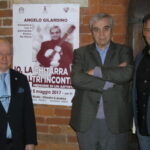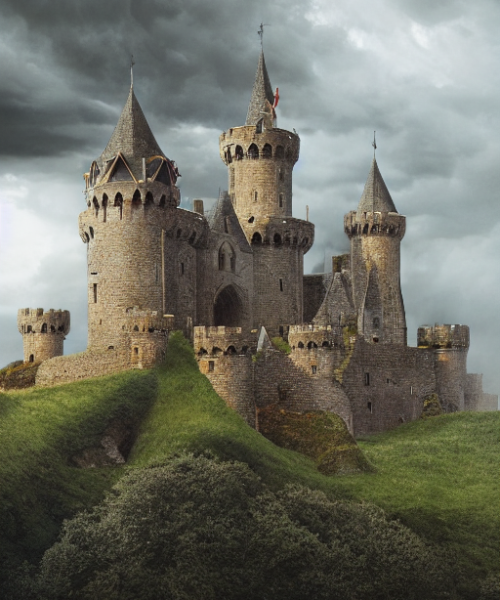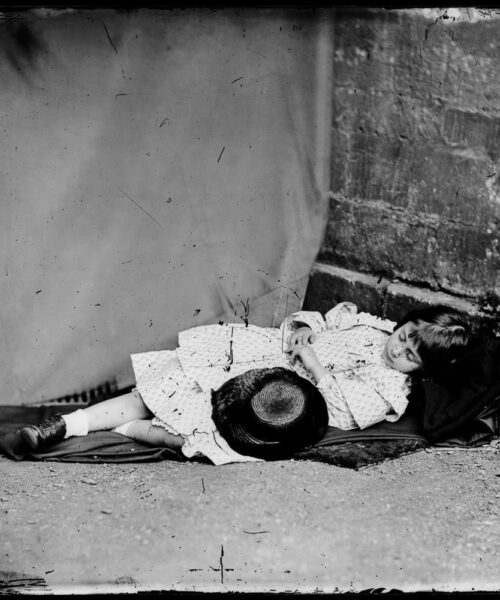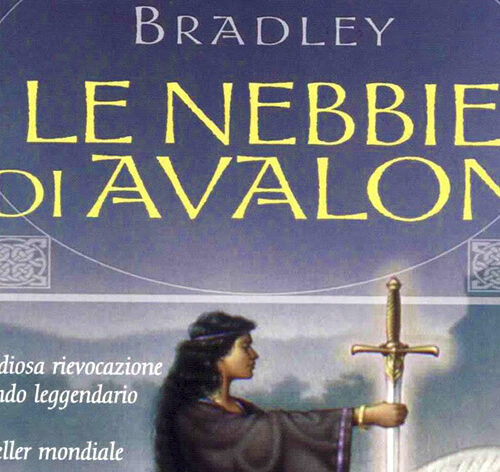Let’s start from the beginning, outlining the perimeter of what we are about to discuss. What is meant by “genre literature,” and what does the definition of “serious literature” encompass?
Genre literature, as the name suggests, refers to books that fall into specific categories, or “genres,” such as mystery, fantasy, romance, science fiction, horror, and thriller. These books tend to follow well-defined narrative rules and structures, giving the reader a clear expectation of what they will find.
Serious literature, or “high” literature, refers to works that deal with profound and universal themes, investigating the human condition in all its aspects, not constrained by genre guidelines or expectations. This category includes literary classics, works by Nobel Prize winners, and novels often defined as “literary.”
The debate between genre literature and serious literature has been ongoing for decades, with passionate advocates on both sides. Many supporters of serious literature view genre books as “less important” or “of lower quality,” asserting that these are too light, predictable, commercial. Conversely, genre literature enthusiasts argue that serious literature can be too abstract, elitist, and distant from the reality of most readers.
Is this dichotomy really so clear-cut? Or could it instead be a construction, a reflection of our cultural perceptions rather than an objective reality?
If we pause to reflect, we notice how many of the most celebrated works in world literature actually embrace genre elements. Take, for example, George Orwell’s “1984,” one of the most influential works of the 20th century. Despite being universally recognized as a literary masterpiece, “1984” is undeniably a science fiction novel, with its dystopian vision of the future. J.R.R. Tolkien’s “The Lord of the Rings,” while being the epitome of the fantasy genre, explores universal themes such as war, power, friendship, and loss, and is widely studied in universities.
Another illuminating example of this intersection between genre literature and serious literature is J.K. Rowling’s popular “Harry Potter” saga. Although labeled as children’s or young adult literature and indisputably belonging to the fantasy genre, “Harry Potter” has proven to have a lasting and far-reaching cultural and literary impact.
The themes addressed over the course of the seven books are deep and complex, embracing issues such as adolescence and growth, death and mourning, courage, love, sacrifice, discrimination, power, and corruption. The evolution of characters, the complexity of the plot, the skill in creating a cohesive and detailed world, the subtle political allegory, make “Harry Potter” much more than a simple series of stories for children.
Moreover, although the Harry Potter saga can be read and enjoyed as an exciting adventure, anyone who has read carefully knows that, between the lines, J.K. Rowling raises existential and morally complex questions that stimulate critical thinking. Isn’t this one of the objectives of “great literature”?
These examples suggest that art does not recognize rigid barriers between “serious” and “genre,” and that a book can be both a work of genre and a serious investigation into the human condition.
Moreover, upon closer analysis, the very definition of “serious literature” proves to be problematic. If we consider “serious literature” as that which addresses universal and profound themes, who determines which themes are “universal” and which are not? Isn’t it true that every person has their own personal worldview, and therefore even seemingly “light” themes can prove to be “universal” depending on the perspective?
Furthermore, the notion of “serious literature” seems to presuppose a degree of intellectual superiority that risks alienating readers. Literature, in all its forms, should be accessible to everyone, and not exclusive or elitist.
On the other hand, genre literature is not exempt from valid criticism. Many genre books can fall into the trap of following too strict narrative formulas, resulting in predictability and a lack of originality. But here too, we must be careful not to generalize. Many genre authors, like Stephen King in thrillers or Neil Gaiman in fantasy, have shown how it is possible to explore deep and complex themes within genre structures.
In conclusion, the debate between genre literature and serious literature, if examined carefully, reveals itself to be a false dichotomy. Both types of literature have their merits and weaknesses, and can coexist harmoniously. Rather than labeling books as “serious” or “genre,” it would be more useful to evaluate each book for its individual merits, its originality, its ability to move and inspire, regardless of the genre in which it is placed.
Furthermore, readers should be free to read what they love, without feeling guilty or inferior for their choices. After all, art should not be a competition, but an exploration, a celebration of human diversity and imagination.












